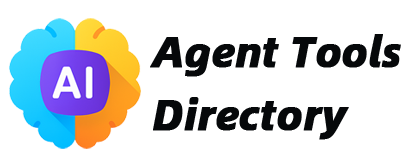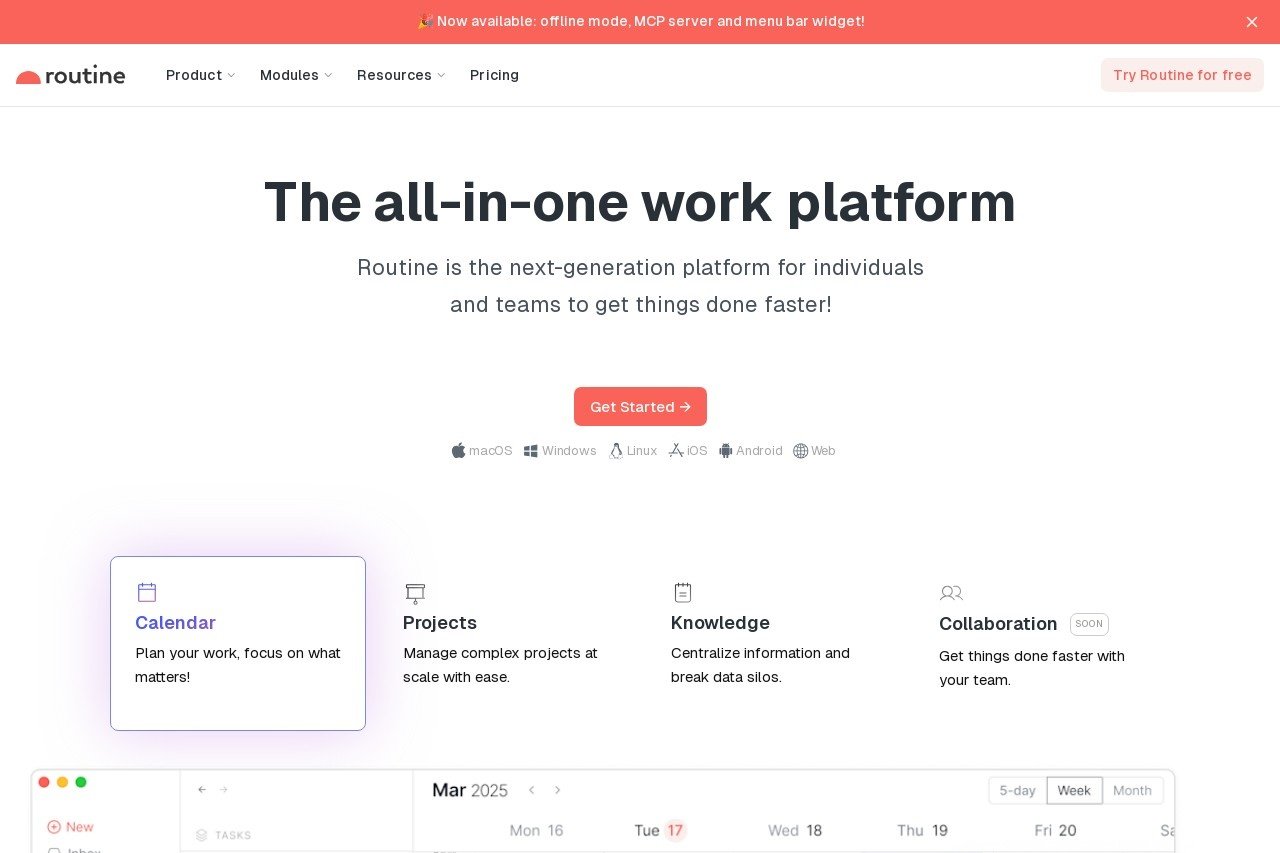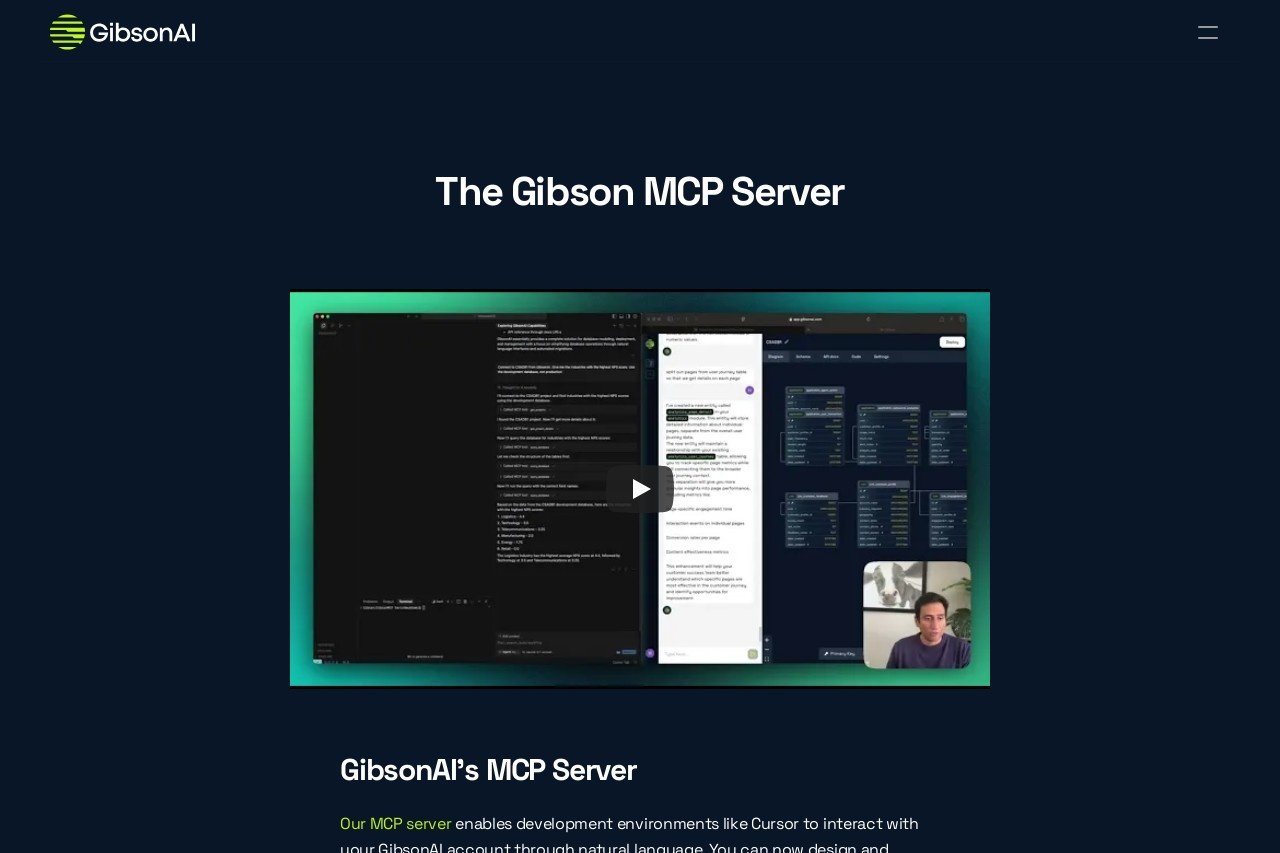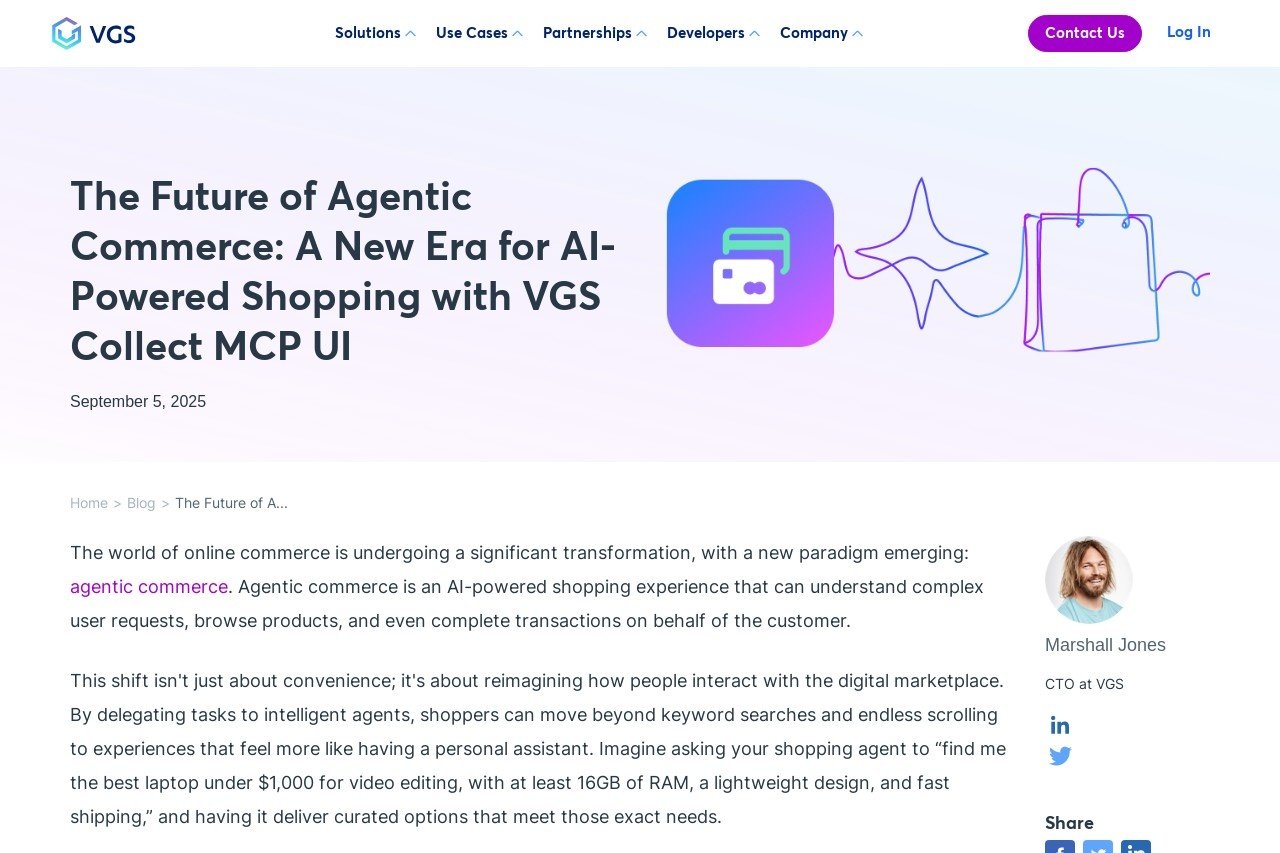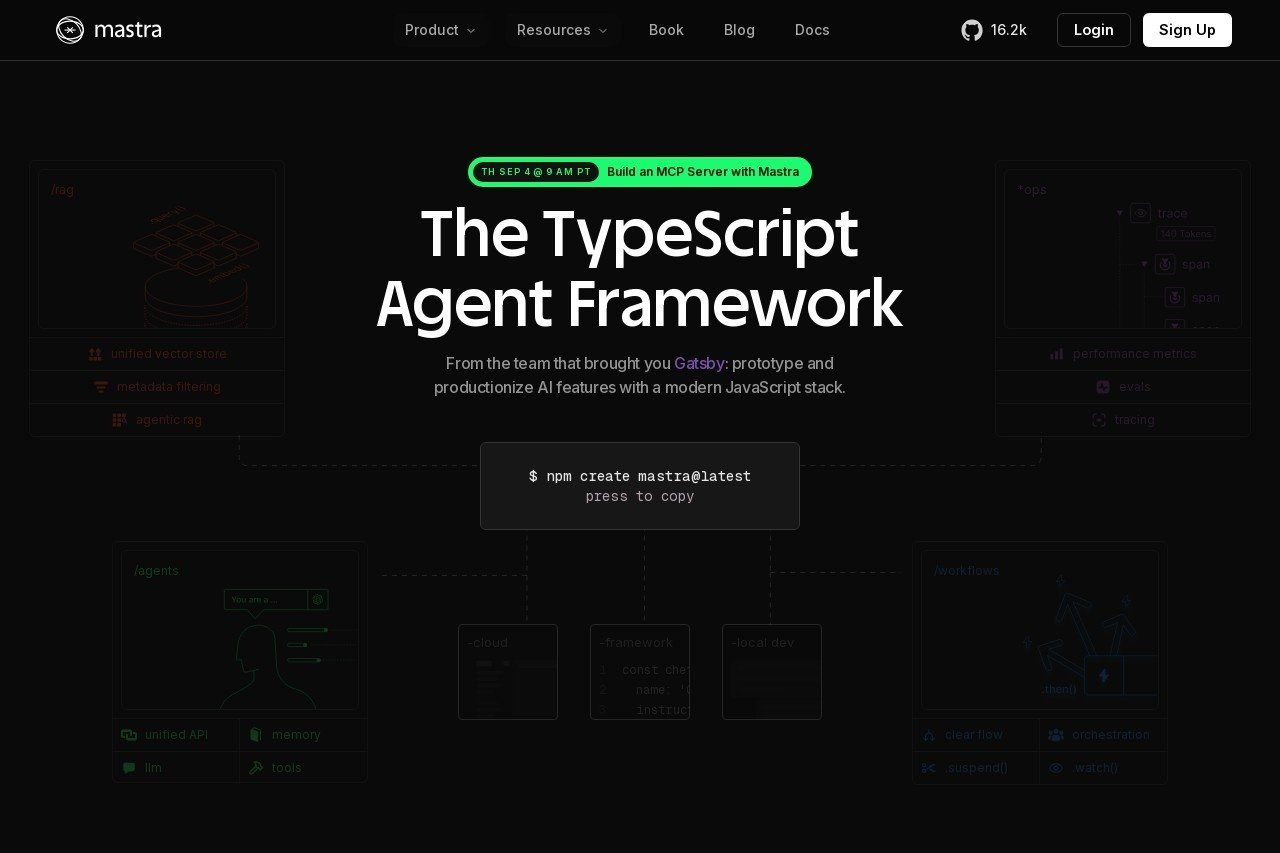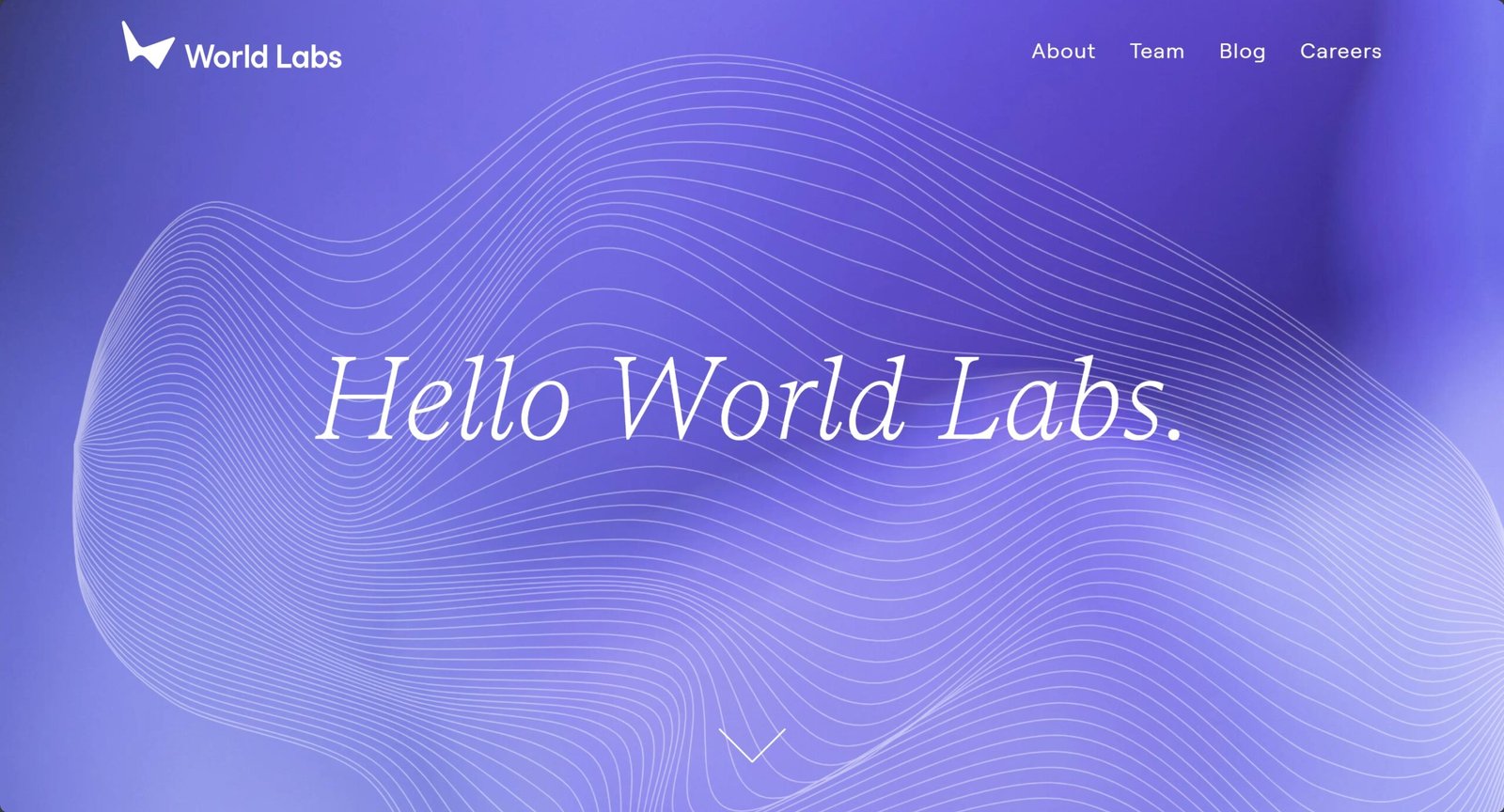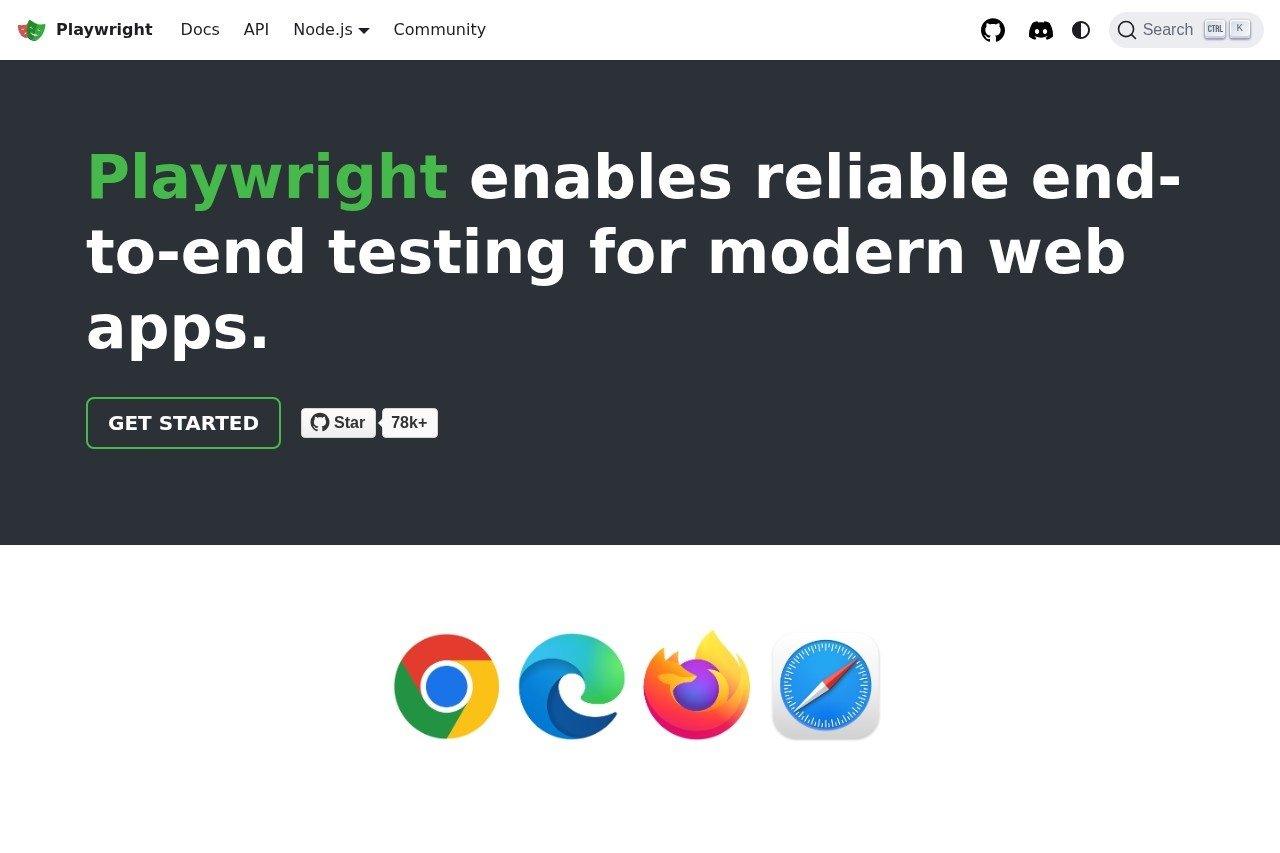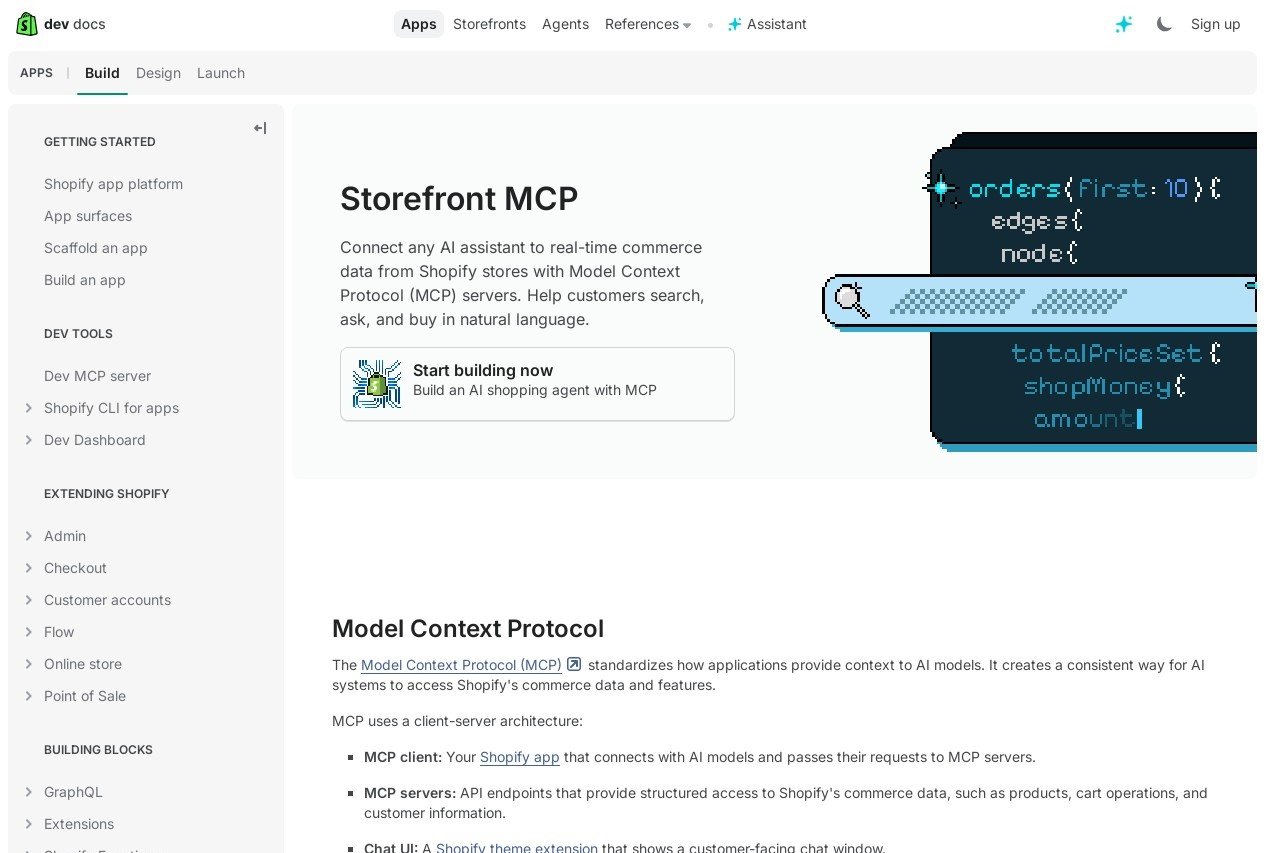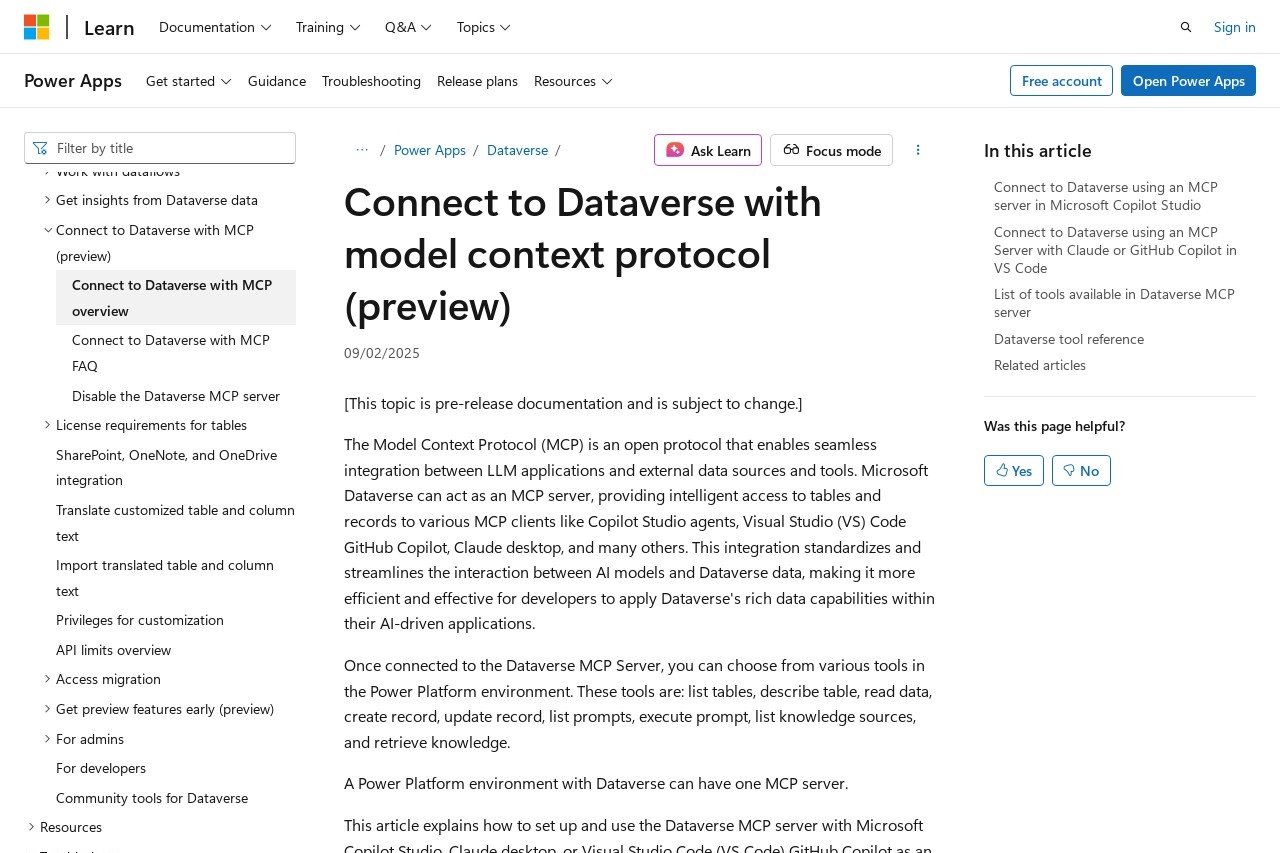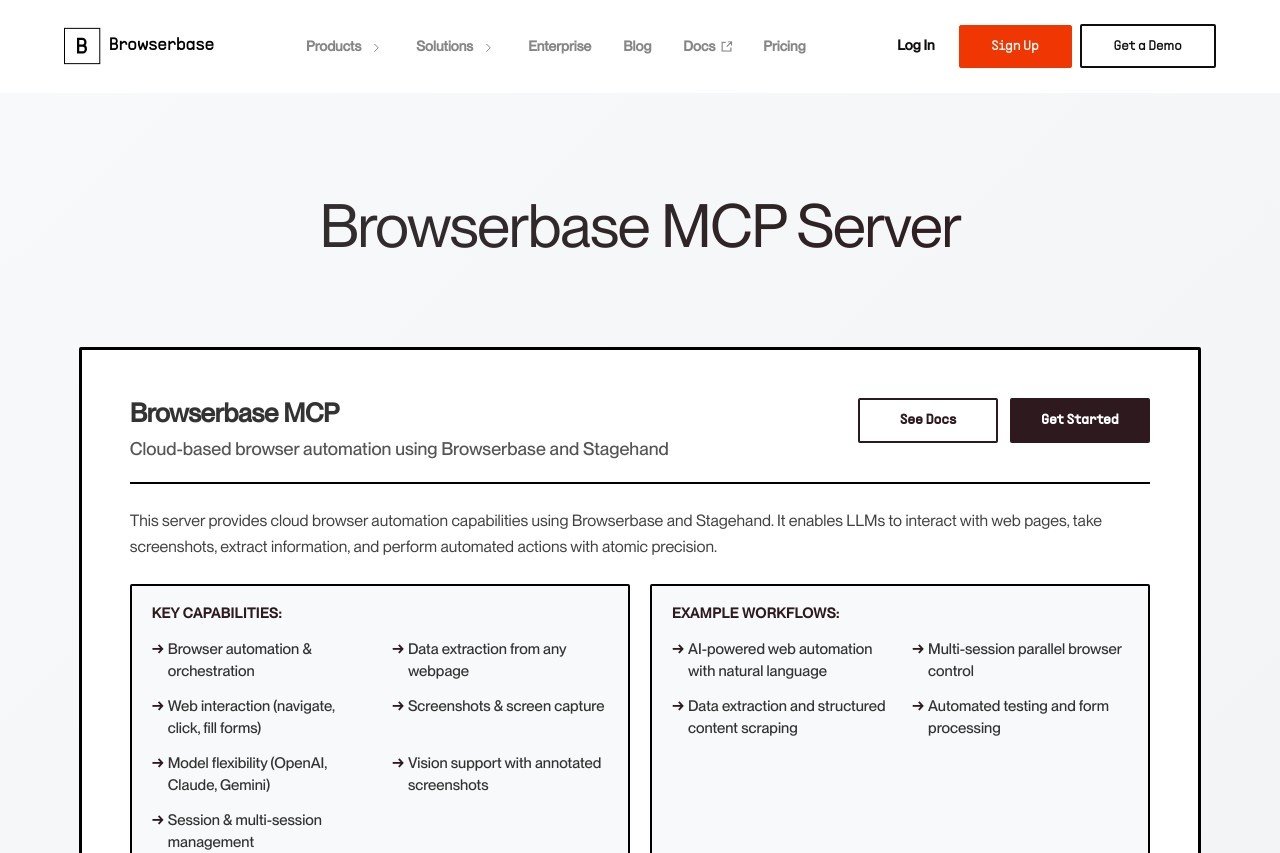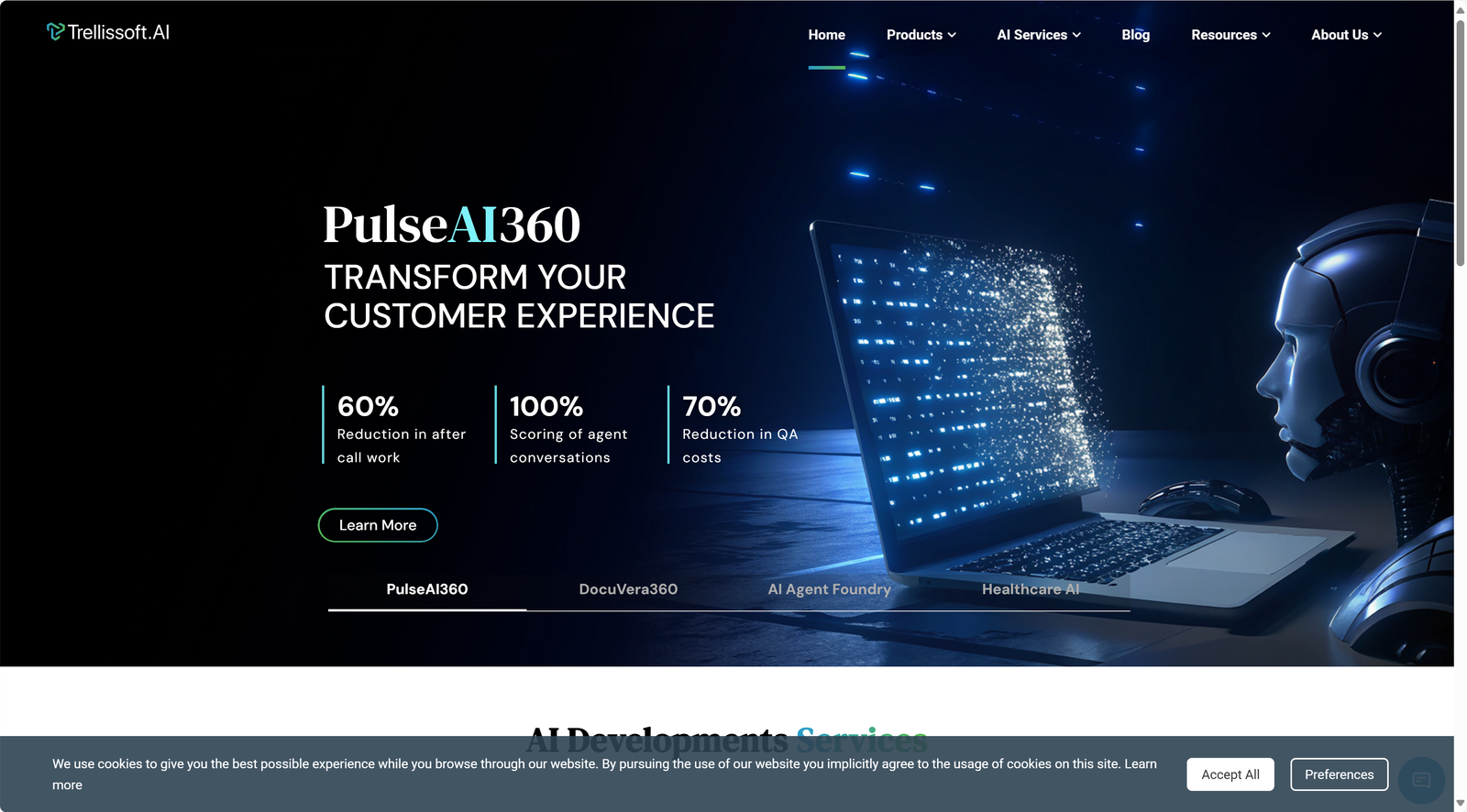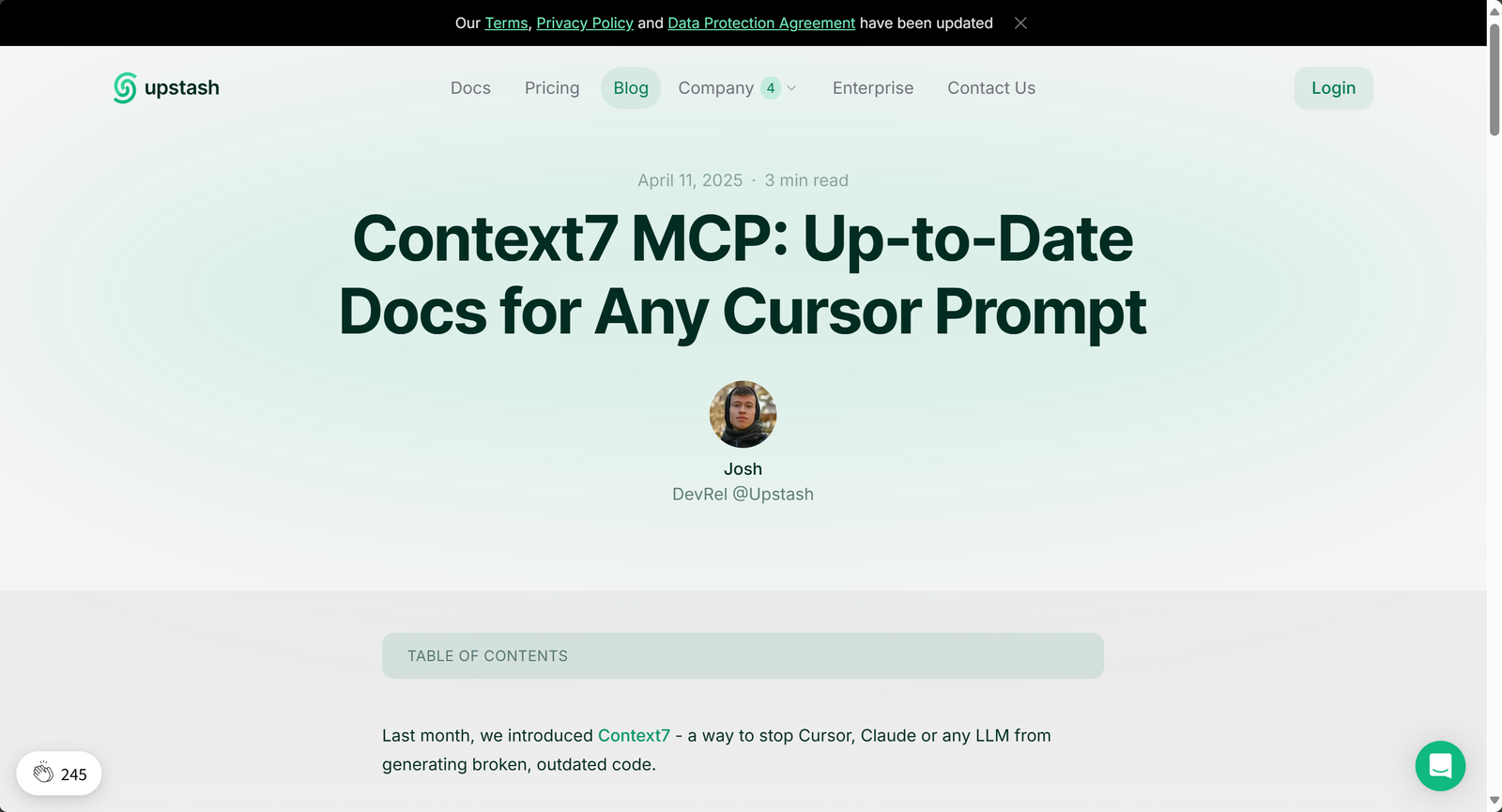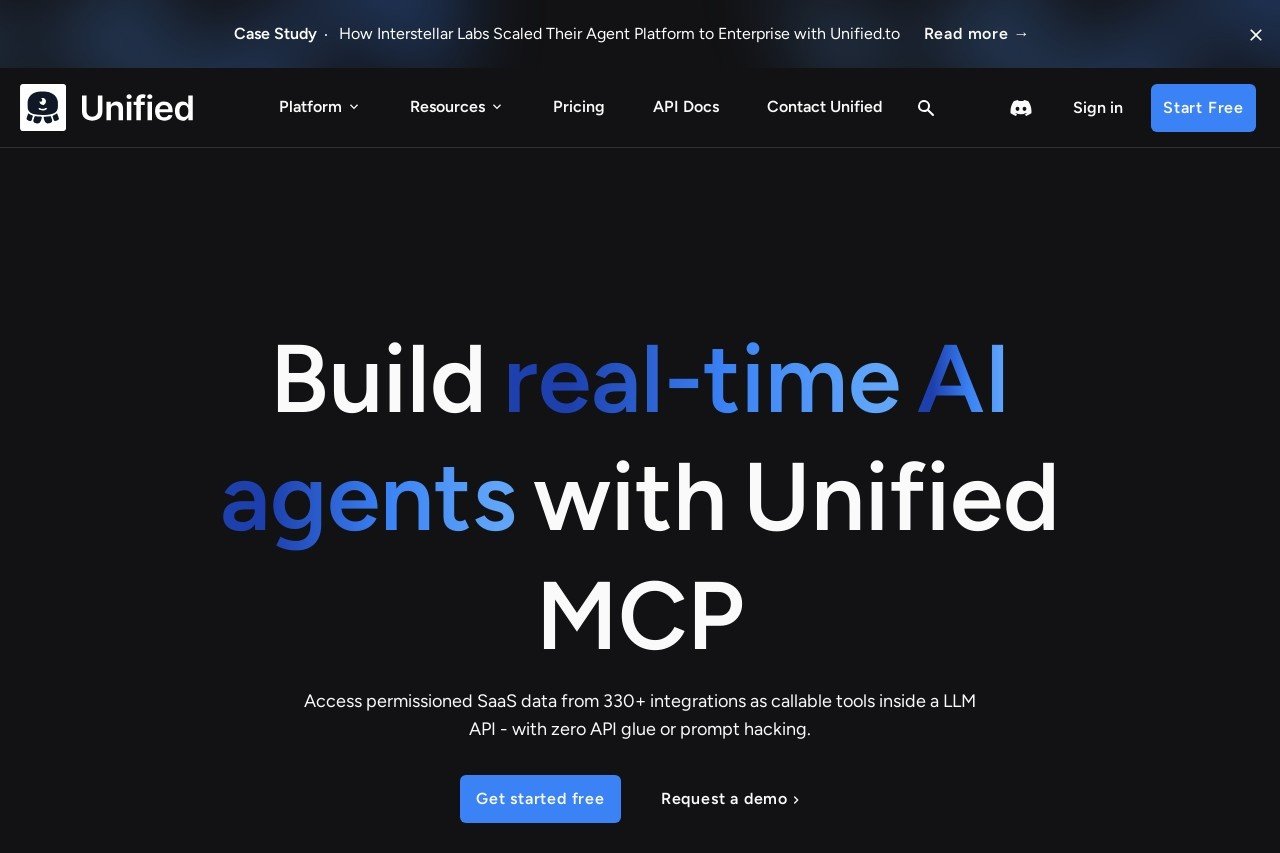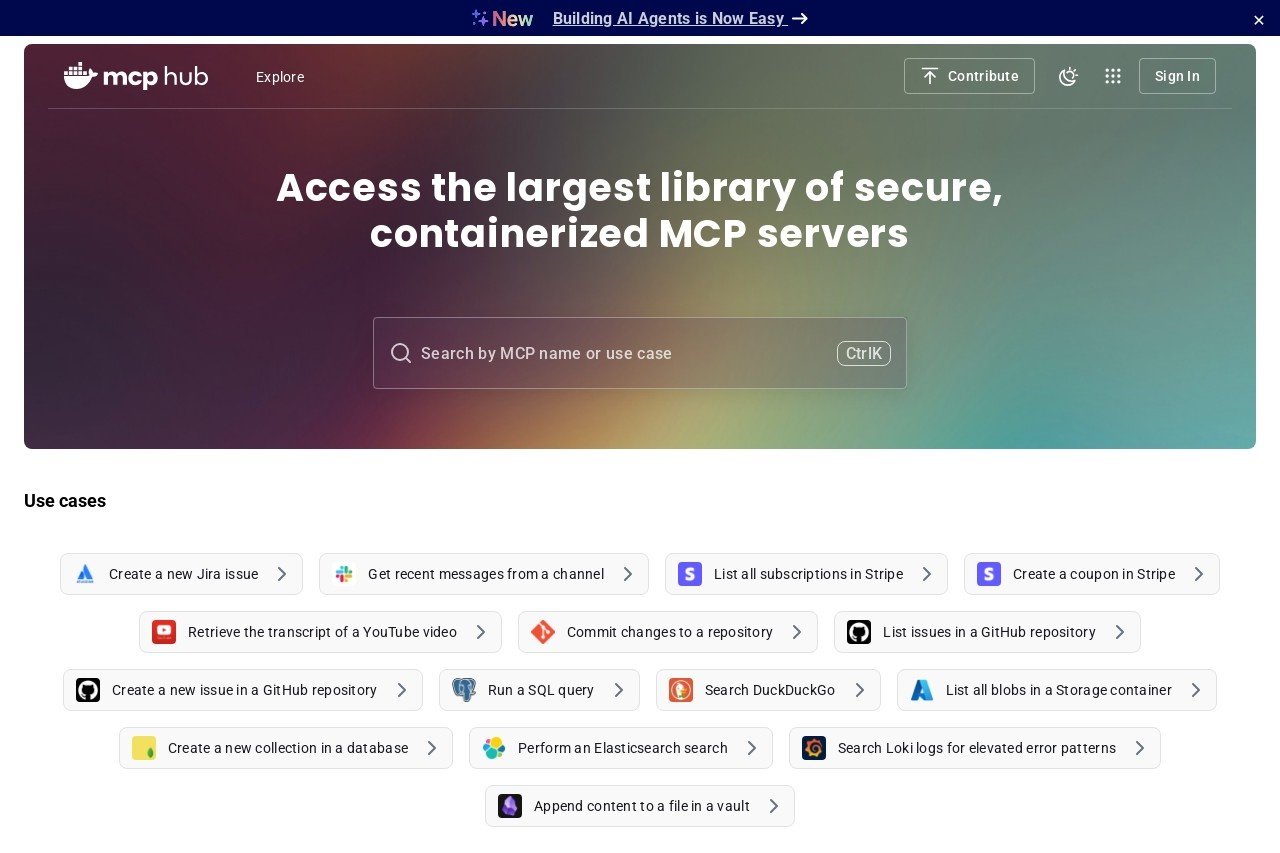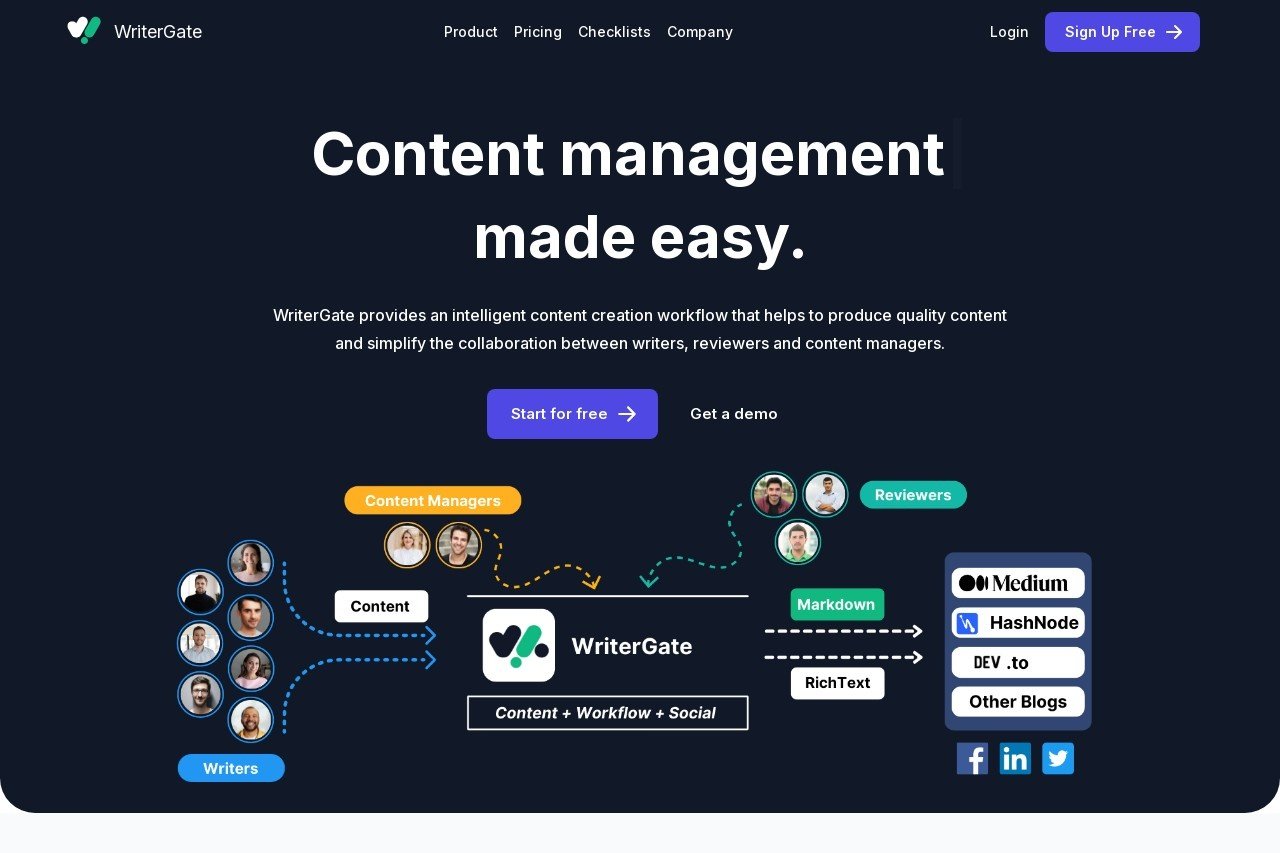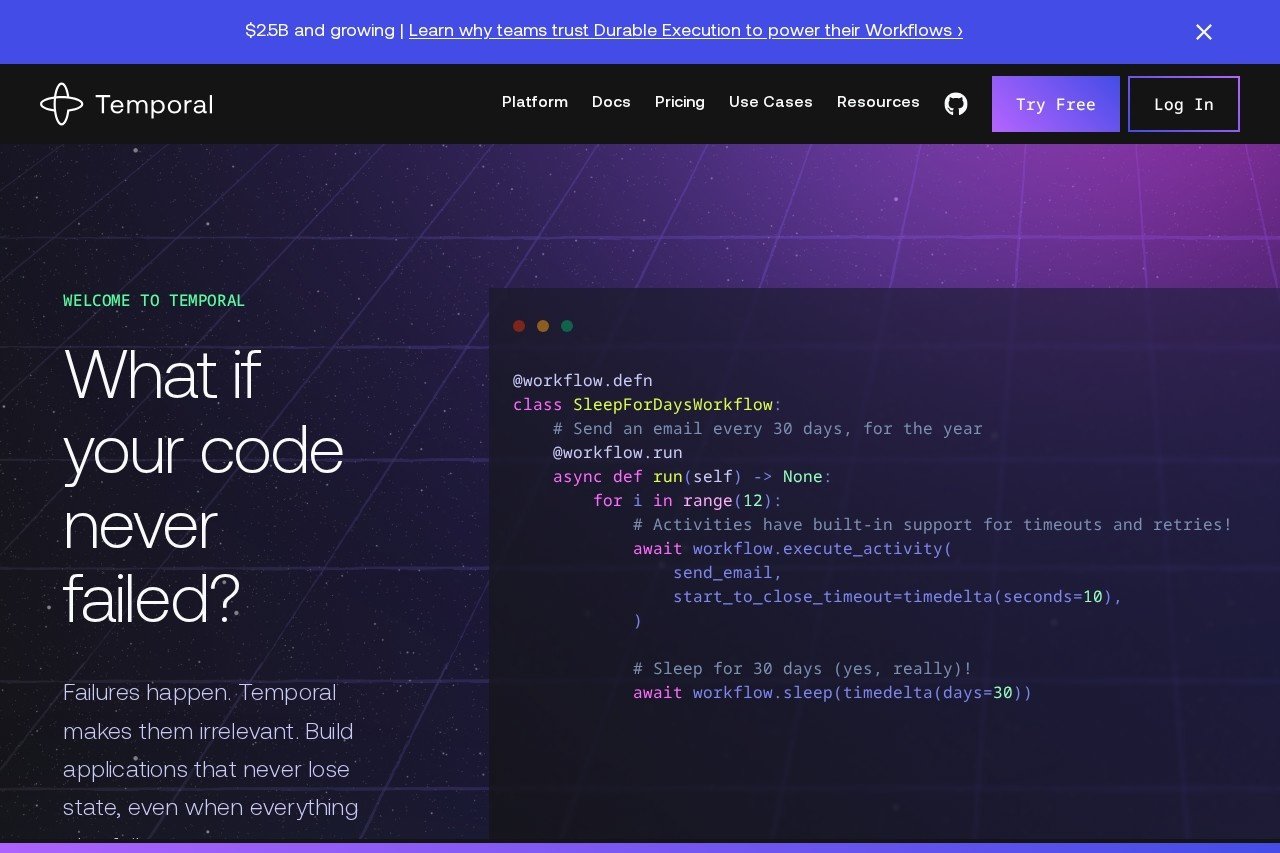
Temporal provides durable execution solutions for building reliable applications.
Temporal
Introduction to Temporal
Temporal is a powerful open-source platform that provides durable execution solutions, fundamentally changing how developers build and operate reliable applications. At its core, Temporal ensures that your application code, once started, will run to completion without losing its state, even in the face of infrastructure failures, code deployments, or other unexpected interruptions. This makes it an essential tool for creating resilient and fault-tolerant systems.
Key Features
Temporal's architecture is built around a set of powerful primitives that simplify complex orchestration. Its key features include:
- Durable Execution: Applications are built as durable functions, which are automatically persisted and can survive process restarts and failures.
- Workflow Engine: A core component that manages the state and execution of your application logic, guaranteeing exactly-once execution semantics.
- Activity Tracking: Seamlessly manages and retries calls to external services and non-deterministic code.
- Visibility Tools: Built-in tools for monitoring, debugging, and replaying workflow executions.
Unique Advantages
Choosing Temporal offers several distinct advantages over traditional development approaches. It abstracts away the complexities of distributed systems, allowing developers to focus on business logic. The platform's reliability drastically reduces the operational burden of handling failures and retries manually. Furthermore, its scalable and cloud-native design ensures that your applications can grow effortlessly with your business needs.
Who Should Use Temporal?
Temporal is ideal for a wide range of developers and organizations. It is particularly beneficial for:
- Engineering teams building business-critical and long-running processes like order fulfillment or financial transactions.
- Developers looking to eliminate the need for complex, error-prone state management and reconciliation logic.
- Companies aiming to improve the reliability and developer velocity of their microservices architecture.
Frequently Asked Questions
How is Temporal different from a message queue?
While message queues handle communication, Temporal provides a higher-level abstraction that manages the entire stateful workflow, including retries, timeouts, and human-in-the-loop tasks, ensuring the workflow completes reliably.
Is Temporal a good fit for short-lived tasks?
Yes, Temporal is excellent for both short-running operations and long-running processes that can last for months or even years, all with the same reliability guarantees.
What programming languages are supported?
Temporal offers official SDKs for Go, Java, PHP, and Python, with a strong community supporting other languages, making it accessible to a broad developer audience.
